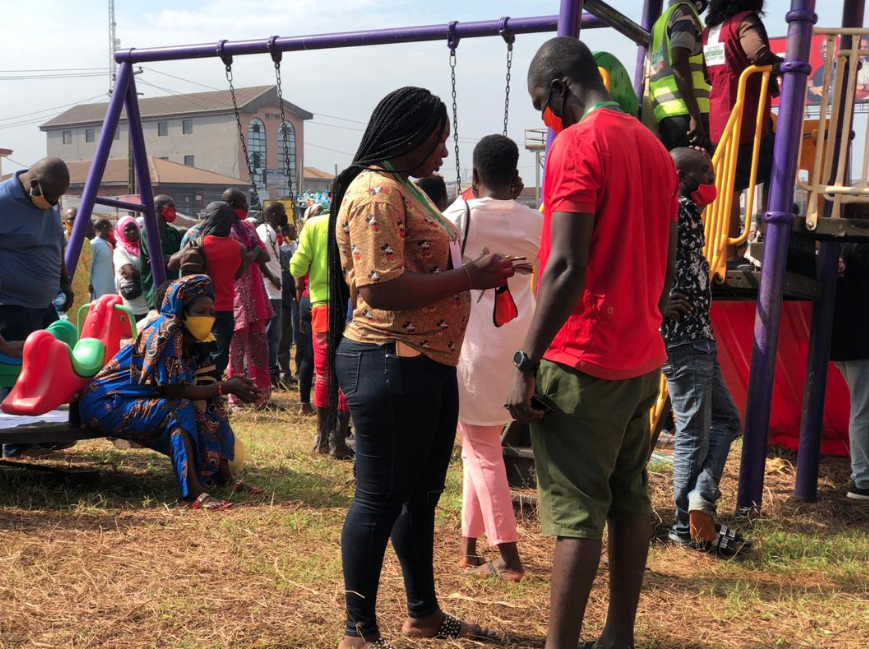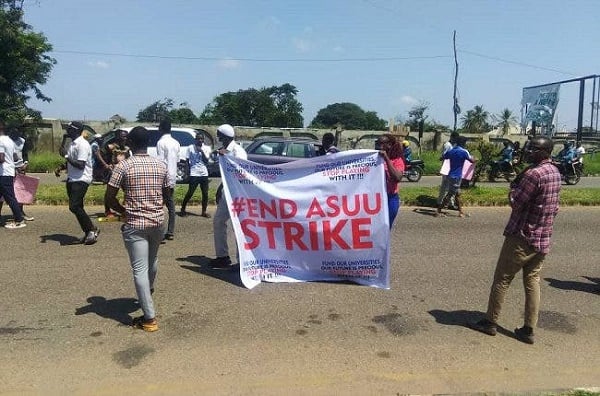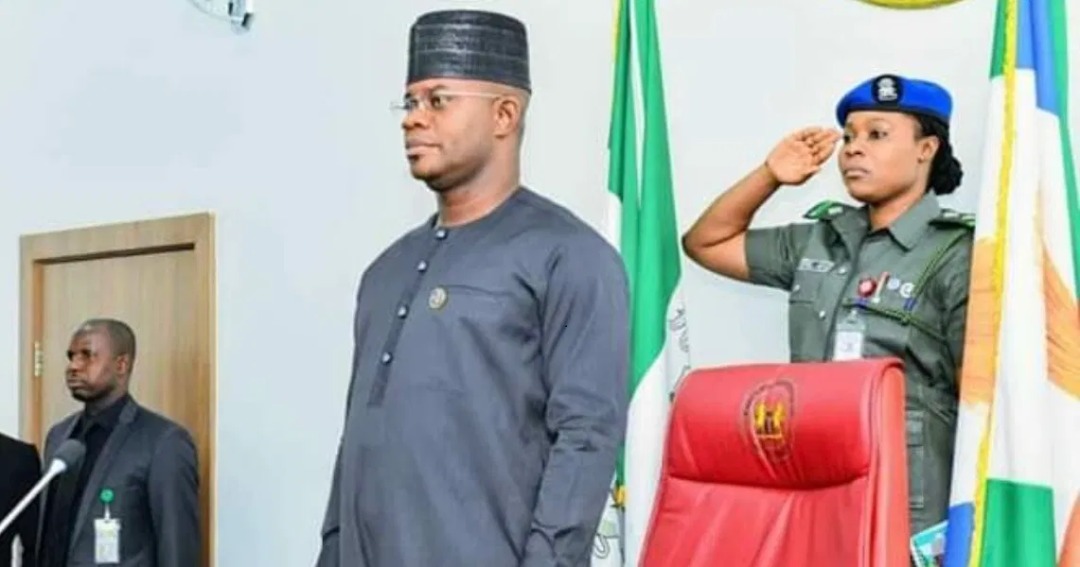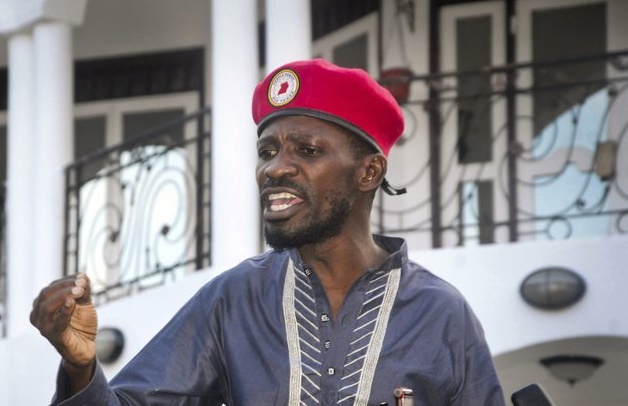Two weeks ago, the Independent National Electoral Commission (INEC) conducted bye-elections in 11 states across the country. As usual, the election was marred by low voter turnout, snatching of ballot boxes, over-voting, intimidation and vote-buying. In Bauchi, the Economic and Financial Crimes Commission (EFCC) arrested Abdon Dalla, special adviser on civil service and labour matters to the governor, over alleged vote-buying.
This is not a new story. Nigeria’s elections have always been marred by vote-buying, from governorship elections to the recent 2019 general election. It is usually a thriving market place. People sell their votes to politicians in exchange for money, food and clothing materials.
During the Nasarawa bye-election in August, YIAGA Africa, a civil society organisation, reported that some residents sold their votes for as low as N500. In the Ondo and Edo governorship elections, vote-buying became rampant despite repeated warnings by INEC and security agencies. There were open buying and selling of votes, while party agents in some areas devised new means of inducing voters in order to evade the watchful glare of the media, security agencies and possible prosecution.
At polling unit eight, ward two of Okpon area in Ovia south-west, Benin City, voters were seen discreetly exchanging their permanent voter cards (PVC) for money. At the same polling unit, TheCable observed that a child of less than 14 years had a voter card which he exchanged for N1,000. At Owan east area of the state, TheCable reporters caught a party agent signing off a N5,000 voucher for a voter.
Advertisement
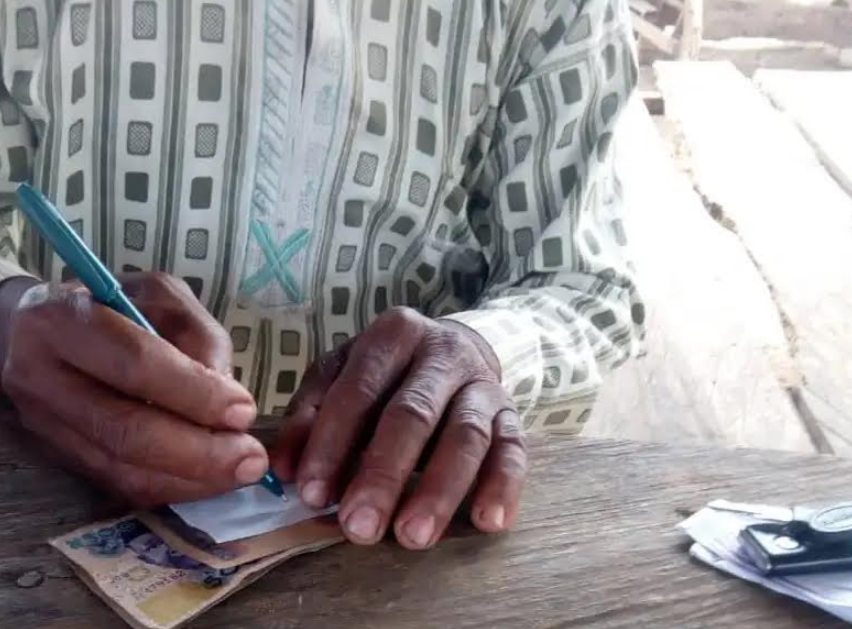
In Odigbo area of Ondo, party agents in collaboration with other persons shared N2,000 to those who voted for their candidates.
Commenting on this trend, Mahmood Yakubu, INEC chairman, said vote-buying is one of the major challenges of the commission during elections. He described it as selling Nigeria’s democracy in the open market.
With just about 20 months left before the next general election, the integrity and credibility of the Nigerian electoral process is a burning issue. With the present system of political players heavily influencing voters, can Nigeria ever produce credible leadership? For how long will the pervading electoral mess persist in a country where the masses yearn for good governance?
Advertisement
EXTREME POVERTY AND HUNGER: ANYTHING FOR SURVIVAL
The major reason stakeholders have ascribed to the growing rate of voter inducement during elections is the high level of poverty and extreme hunger in the country.
In 2018, the International Monetary Fund (IMF) had said Nigerians were getting poorer, adding that there was need for coherent and comprehensive economic reforms. Three months after, a report by Brookings Institution said Nigeria had taken over as the nation with the highest number of extremely poor people.
In 2019, the World Poverty Clock, created by Vienna-based World Data Lab, said 91.16 million Nigerians were iving in extreme poverty — living below a dollar a day as of February 13, 2019.
Advertisement
Recently, the World Bank projected that the number of poor people in Nigeria will increase by 20 million in 2022, stating that an average Nigerian may witness a setback of decades of economic growth.
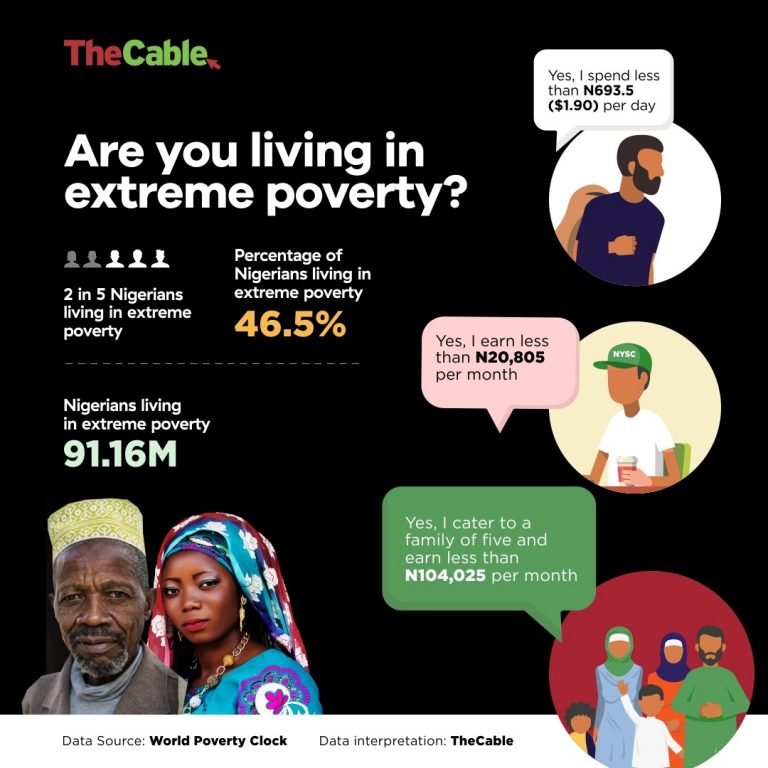
In 2020, the COVID-19 pandemic and crash in the price of crude oil — Nigeria’s main source of revenue — worsened the country’s economy. Food prices skyrocketed, so many could not work, while many employers could not pay salaries. State governments too found it difficult to pay salaries. Worse still, thousands were laid off, worsening the already bloated unemployment market. In November, the National Bureau of Statistics (NBS) announced that Nigeria has officially slid into its worst economic recession in over three decades. For so many Nigerians, it was a case of jumping out of the frying pan into the fire.
During elections, political players employ Nigeria’s poverty narrative as a campaign tool. They also deploy it as a means of influencing the voting pattern. Hence, the highest bidder wins the ballot. The question stakeholders are battling to proffer a solution to is: in the face of extreme poverty and hunger, how can Nigeria clean its Augean stable?
Advertisement
DIGITAL VOTING TO THE RESCUE?
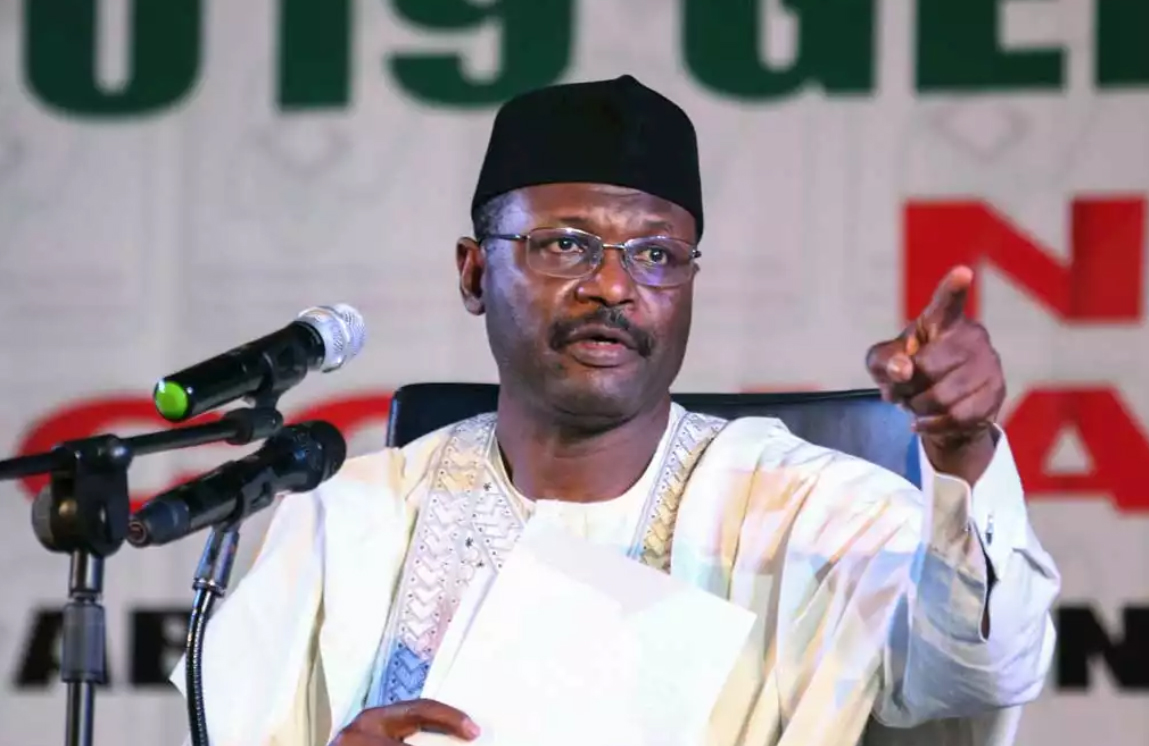
Three months ago, the INEC chairman admitted that vote-buying has gone digital, saying politicians now transfer money electronically ahead of elections.
Advertisement
“We can only handle or attempt to solve this problem, while it happens at the polling unit level. But when it happens outside the polling unit, it is difficult to track the perpetrators now that we are aware that vote-buying has gone digital,” Yakubu had said.
“They now transfer money electronically ahead of the election, no longer during the election. So, we will continue to do whatever we can to ensure that people don’t buy votes at the polling units.”
Advertisement
Over time, there have been agitations for the introduction of electronic voting as a means of improving the credibility of Nigeria’s electoral process and curb the new trend of digital vote-buying. The electoral umpire has indicated that it will introduce e-voting starting from 2021. The commission has carried out a test run of the anticipated electronic voting system, which Yakubu described as “another giant step to deepen electoral integrity in Nigeria through the deployment of technology”.
The commission’s agenda on electoral reform is expected to give the use of electronic voting machines (EVMs) a smooth sail. However, there are still challenges with the electoral act amendment bill which contains proposals for electronic voting and transmission of election results. President Muhammadu Buhari had rejected the bill for the fourth time, citing disruption to the 2019 elections as his reason.
Advertisement
An amended section 52(2) of the 2010 Electoral Act will enable INEC to “adopt electronic voting or any other method of voting in any election it conducts as it may deem fit”.
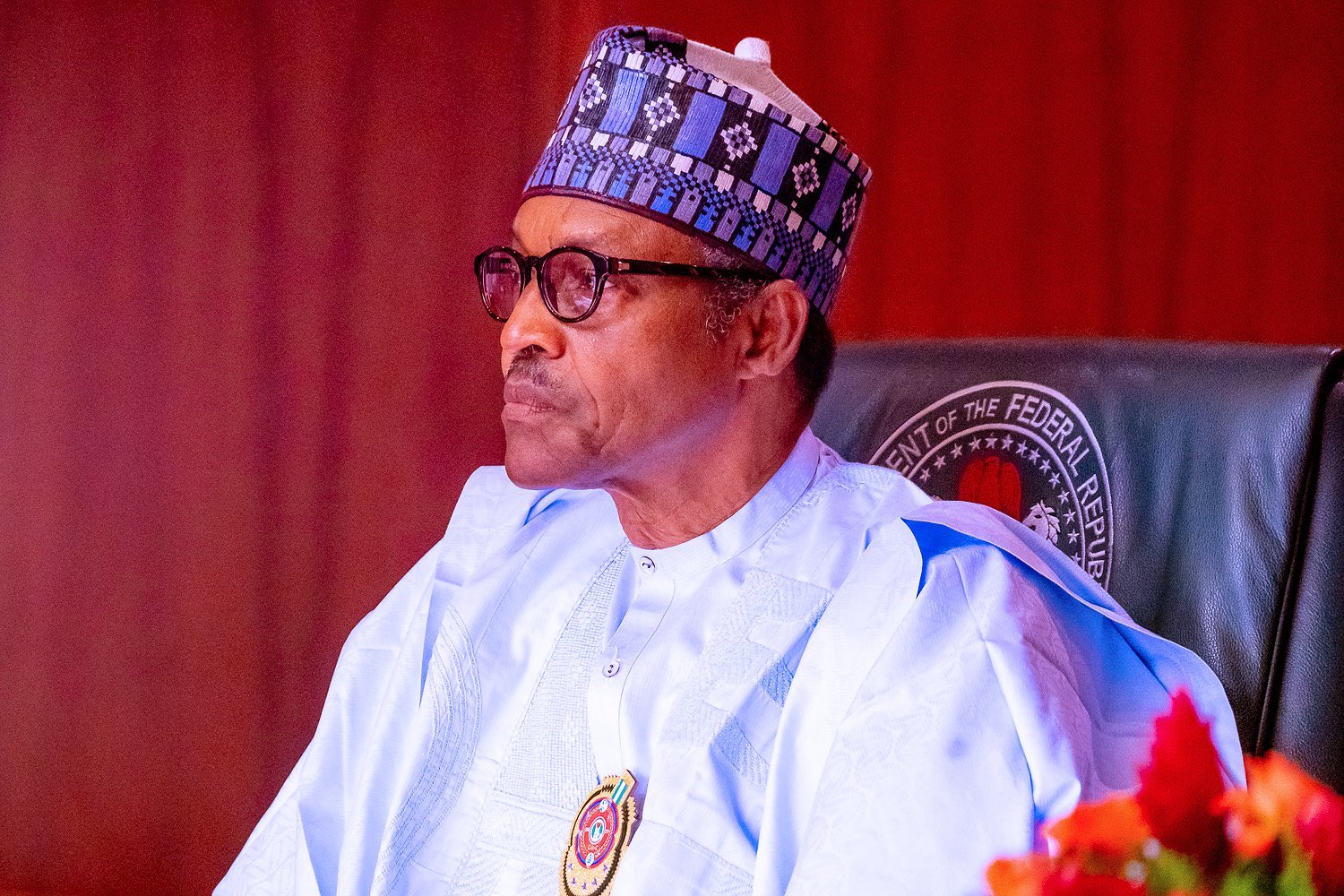
Experts argue that the adoption of technology in the voting process will also reduce the high cost of conducting elections in the country, considering that Nigeria needs to cut its extravagant spending.
In 2011, the country spent N139 billion on elections; N116.3 billion in 2015 and N189.2 billion in 2019. Yet, the polls recorded a poor turnout of voters as a result of the maladies confronting the electoral system.
In September, former President Goodluck Jonathan said electronic voting is the only way to get to credible elections in Nigeria.
WILL 2023 CHANGE THE OLD NARRATIVE?
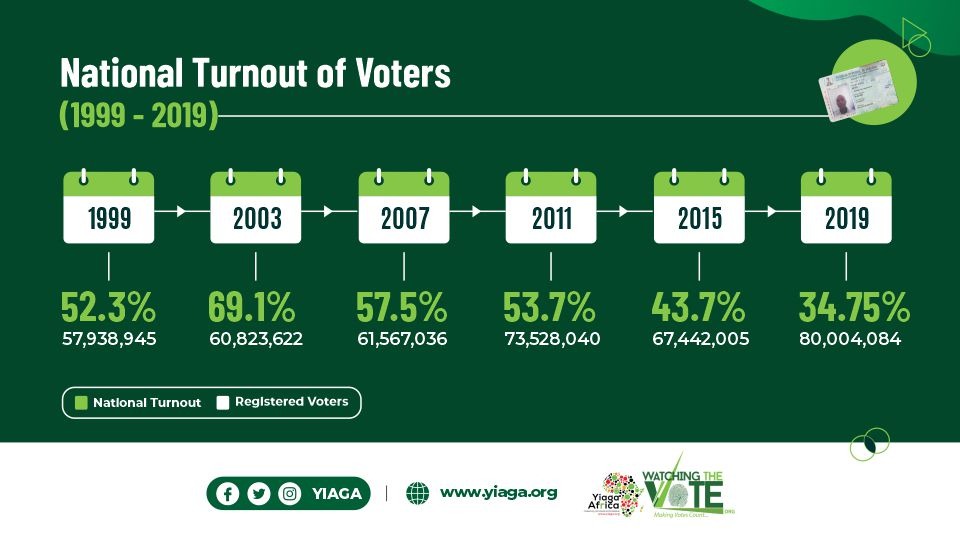
In an interview, Adeboye Adegoke, senior programme manager at Paradigm Initiative, a digital rights advocacy organisation, said key structural issues such as the economic welfare of the citizens must be taken care of if the government intends to purify the electoral process through technology.
“E-voting can mitigate vote-buying to a great deal as it affords the voters greater confidentiality. I wouldn’t want to give the impression that e-voting will eliminate vote buying because it may not necessarily be so. There is the economics to vote-buying. Those who sell their vote for economic reasons are very likely to do the same even with e-voting. Selling of a vote may even become more complex in this context,” Adegoke told TheCable.
“With e-voting, it may become easier to take a screenshot as evidence of a voting decision. The key takeaway is that Nigeria must realise that technology isn’t a magic wand that you just wave to eliminate problems. Key structural issues such as economics must be taken care of. Have in mind, however, that technology isn’t flawless and technology relies on humans for its functioning. Therefore, we must continue to demand better behaviour from those saddled with the responsibility of managing the process.”
The permutations for the 2023 general elections have begun in earnest. From the pages of the media, what has, however, dominated the political discourse are power rotation, defections and crossfires. Little attention is paid towards advocacy for e-voting by the political class. And this brings back the big question if truly political leaders really do want the voting process to go digital.
But for Nigeria to make meaningful development and entrench good governance after 21 years of uninterrupted democracy, the consensus among stakeholders in the civic space points to the fact that the country needs to look into the citizens’ welfare, empower them and adopt technology to clean its electoral process.
This report was published as part of the Budgit/Civic Hive Media Fellowship 2020. Published materials are not views of BudgIT/Civic Hive.
Add a comment

